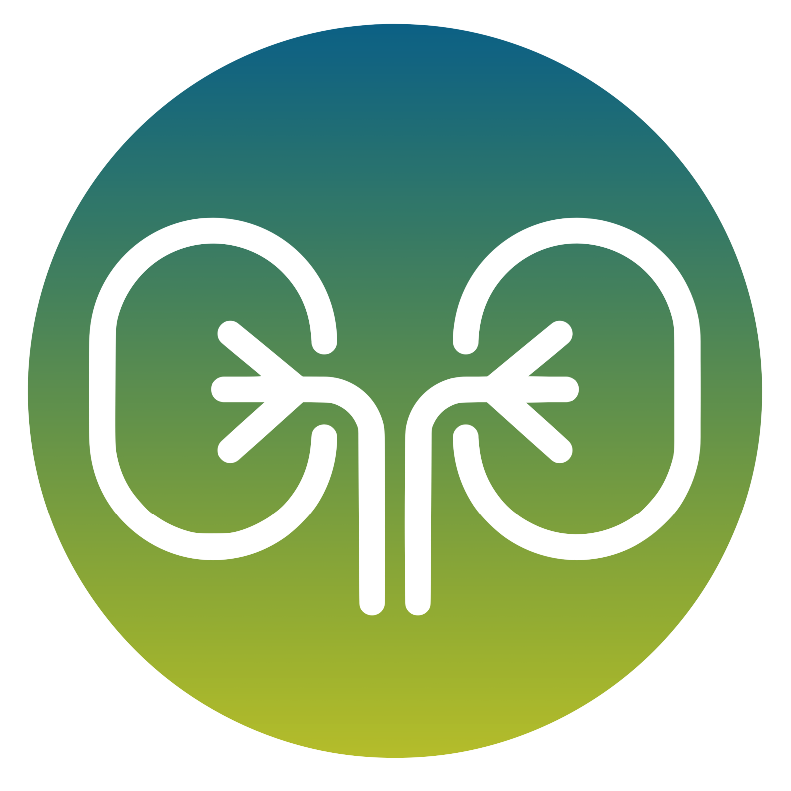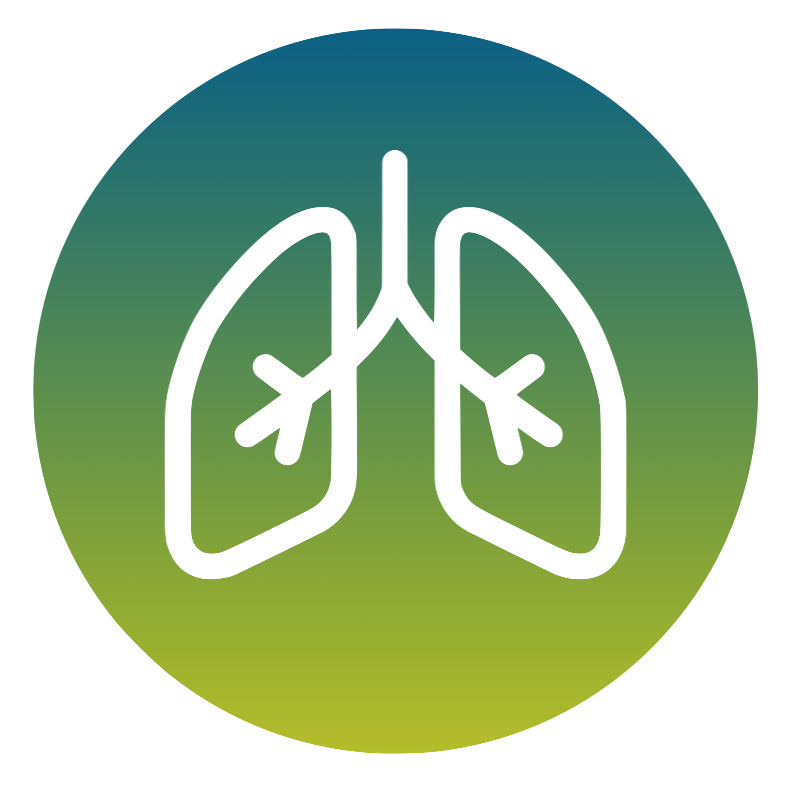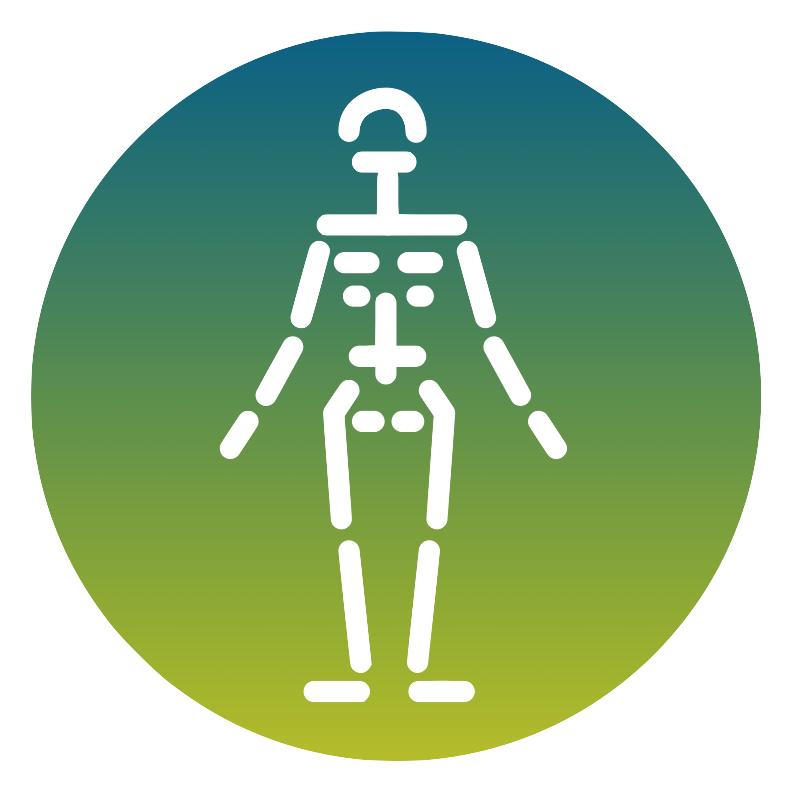Glycogenosis Code R-192
- Description
- Number Genes
- Prevalence
- Indications and clinical utility
- Test performed and limitations
- Other Specialities
Glycogenosis is a group of inherited metabolic diseases characterised by a defect in the metabolism of glycogen, a form of glucose stored in the liver and muscles. These defects can result from problems with enzymes that are involved in the synthesis or degradation of glycogen.
Glycogenosis can lead to a range of symptoms and complications, depending on the specific type of glycogenosis and the organs involved. Symptoms may include muscle weakness, growth problems, hypoglycaemic crises (low blood sugar levels), liver enlargement and excessive accumulation of glycogen in tissues.
26 genes
Not known
Multigenic panel aimed at the molecular diagnosis of glycogenosis.
Method: NGS sequencing, determination of SNVs (Single Nucleotide Variants), small insertions and deletions and CNVs (Copy Number Variants).
Limits: The test is unable to determine the presence of underrepresented somatic events, balanced chromosomal rearrangements, nucleotide expansion events of repeat regions, CNVs <3 contiguous exons. <3 esoni contigui.
Some genes may have low coverage areas, where necessary or upon specific request, within the limits of methodological limitations, sequencing can be completed with alternative methods (Sanger).
Some genes may be duplicated in the genome (pseudogenes), which may invalidate the analysis.














